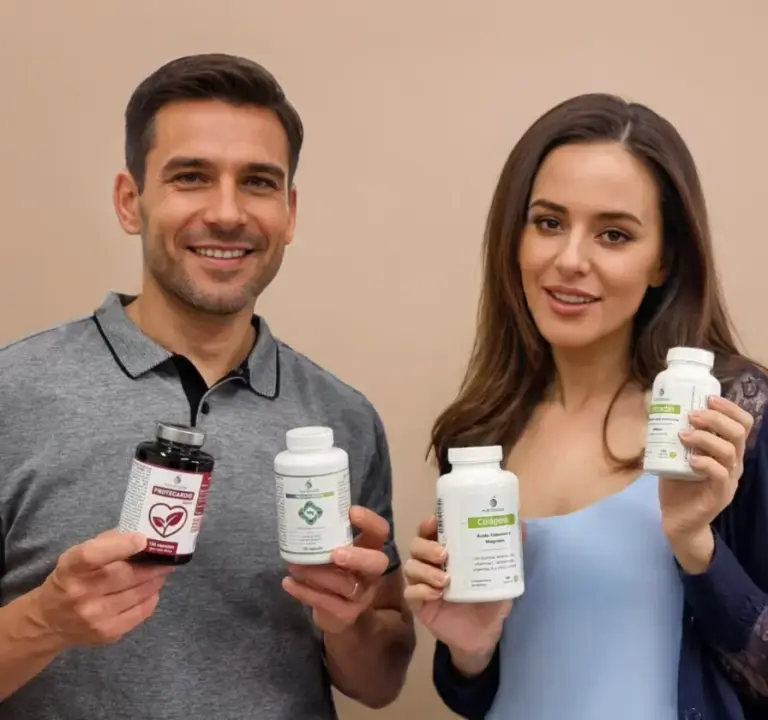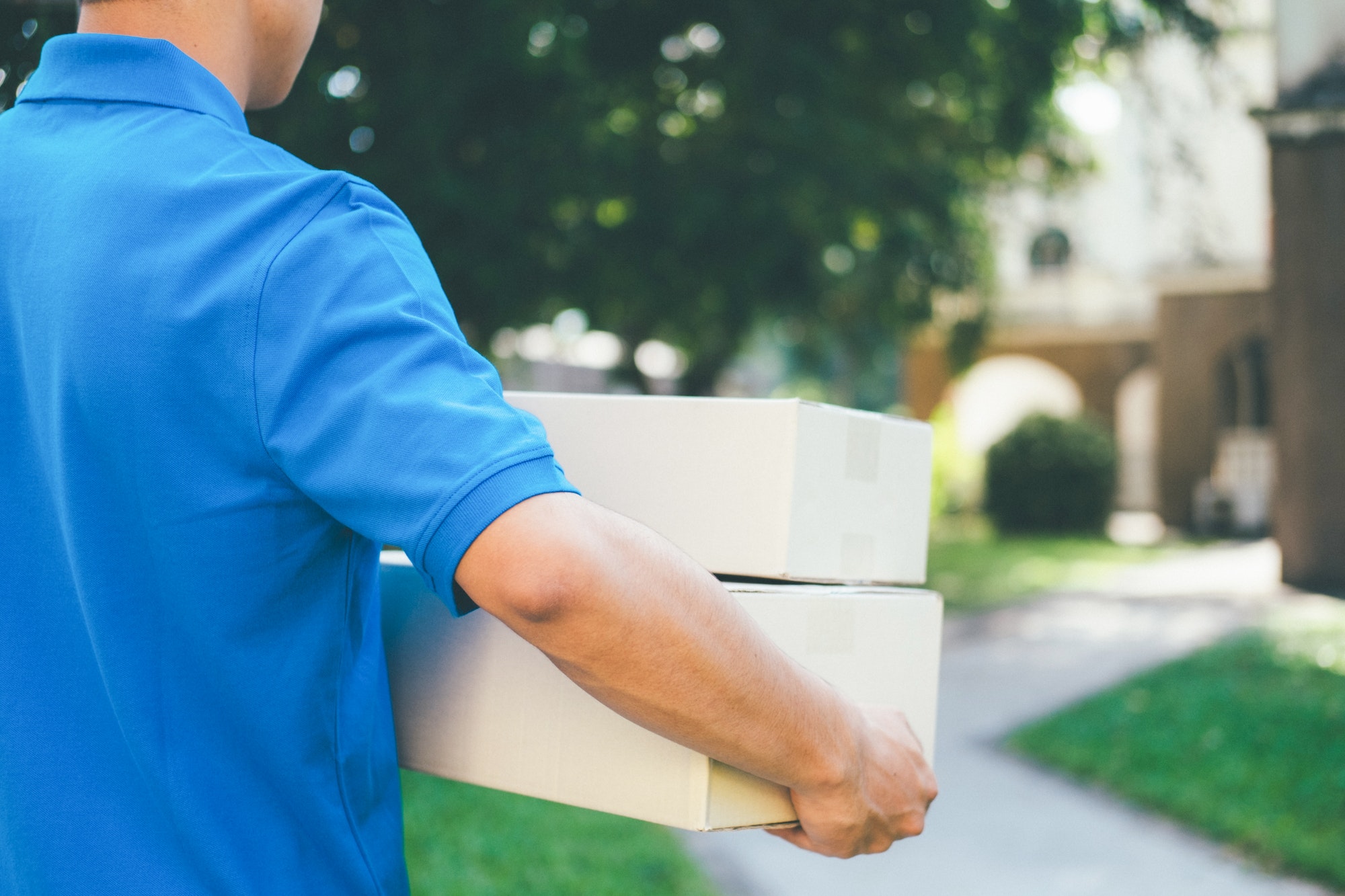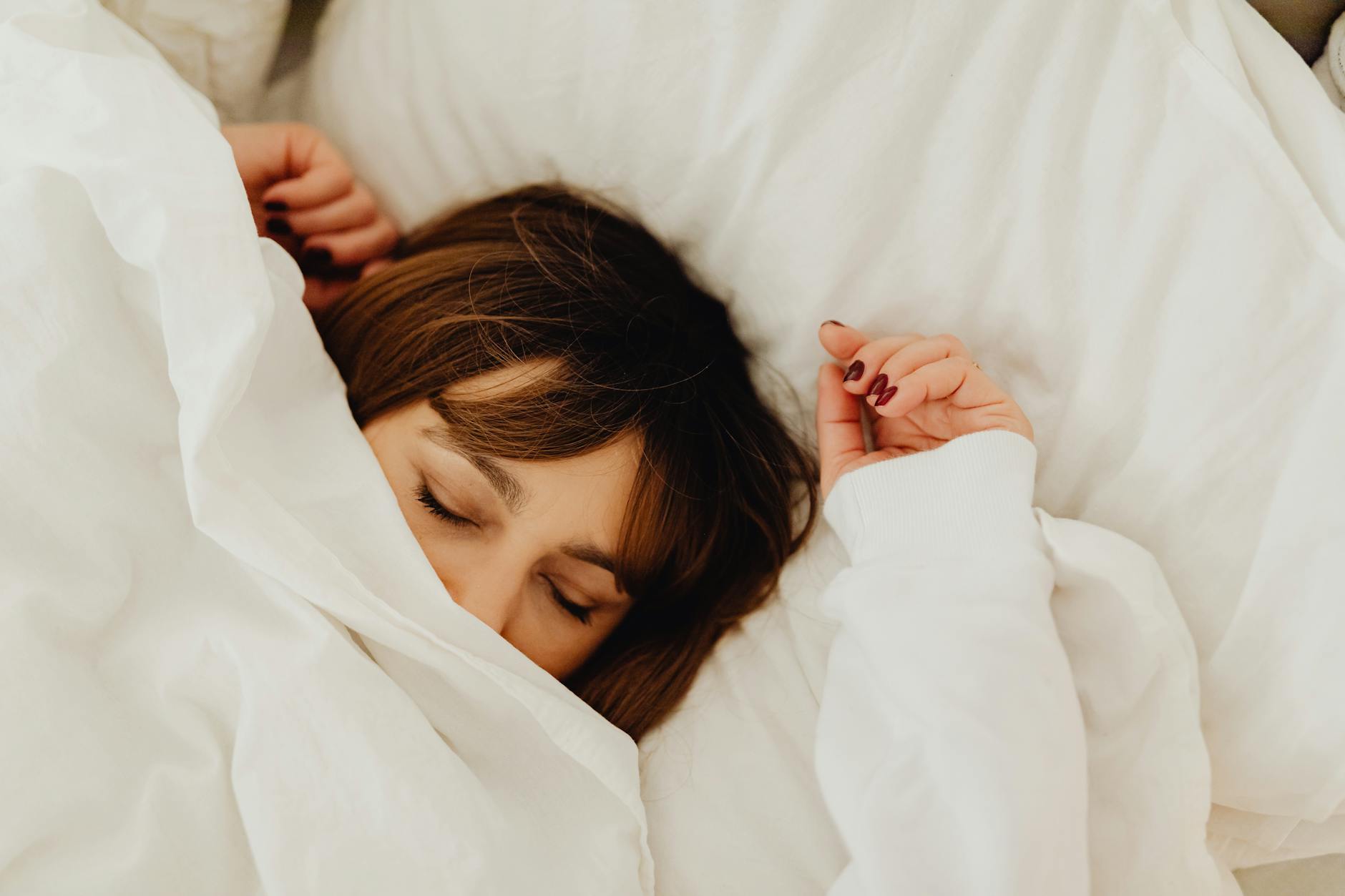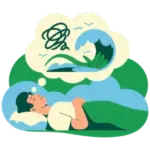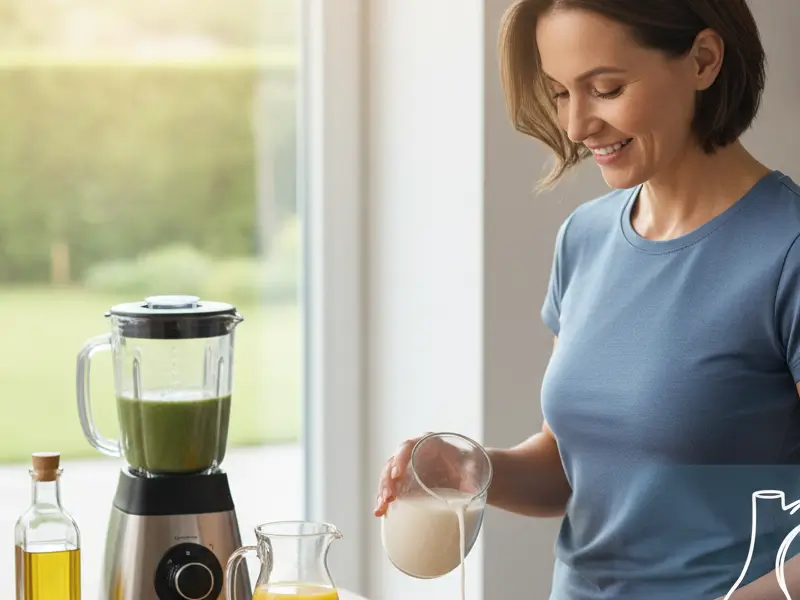A clinical trial in Germany, published in the European Journal of Psychotraumatology 2025(study in European journal of psychotraumatology 2025), followed 180 women with post-traumatic stress disorder after child abuse for one year to analyse how their rest evolves after intensive psychological therapies.
The result is as human as it is revealing. Although most experienced a slight subjective improvement in sleep, nearly eight out of 10 still felt they were not well rested at the end of treatment, even if their sleep clocks (actygraphs) did not detect major objective changes. The researchers conclude that the body and mind can move at different rhythms, and that conventional therapies alone rarely restore lost nocturnal equilibrium.
Rest and perception, two parallel realities
This study reminds us of a simple but profound truth: getting a good night’s sleep does not always depend only on what a device or routine prescribes. Participants perceived moderate improvements in sleep quality according to validated questionnaires, but objective data on night-time duration and efficiency hardly changed after months of trauma-focused therapy.
This discrepancy suggests that feelings of restfulness go beyond the number of hours slept or the absence of awakenings. Emotional well-being, pre-sleep calm and night-time rituals may make more of a difference than any single figure.
Simple rituals to promote restful sleep
Every night a physiological window opens where the body seeks synchrony between dim light, stable temperature and internal signals such as melatonin release. Research insists that small gestures – a light dinner, a relaxed atmosphere, digital disconnection – help to prepare this fertile ground for a good night’s rest.
There is no magic formula, but there are consistent patterns: regularity of time, foods rich in tryptophan (such as nuts or oats), mild herbal teas and avoiding screens before bedtime. These habits enhance the natural cycle between serotonin and melatonin, the main molecules of the wake-sleep rhythm.
How 4Sleep fits in when the body needs a physiological boost
Sometimes even the best routine is not enough to restore the natural balance of rest. Factors such as persistent stress, long journeys or ageing can disrupt the body’s own melatonin production and prevent a smooth transition to deep sleep.
4Sleep has been formulated as a natural support inspired by this same physiological logic. It contains 1 mg of melatonin, a dose endorsed by the European Food Safety Authority to help initiate sleep when taken before bedtime. It is supplemented with 5-HTP extracted from Griffonia simplicifolia, a direct precursor for making serotonin and then melatonin during the night; it also adds standardised extracts of valerian and chamomile, plants recognised for promoting relaxation without generating dependence or drowsiness on waking.
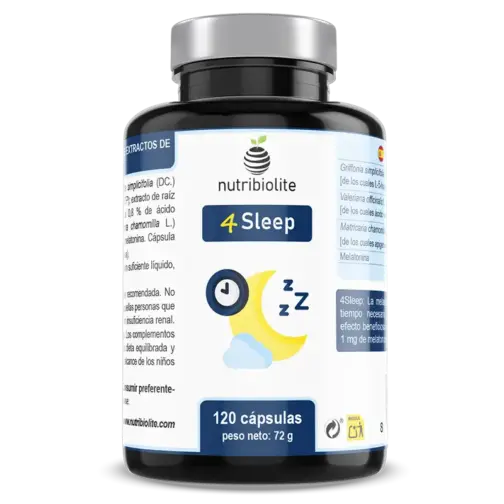
Melatonin 1 mg and 5-HTP with relaxing plants.
Thinking about rest as an integral process
The main lesson is clear. Neither the best psychological therapies nor supplements work alone if they are not accompanied by a comprehensive change in daily routines, emotional management and attention to the real needs of the body.
Taking care of the environment before going to sleep, choosing the right foods or turning to natural aids such as 4Sleep can help restore the virtuous circle between a calm mind and deep sleep when you need it most.
Frequently asked questions about rest and responsible use of 4Sleep
When does it make sense to use a supplement like 4Sleep?
It makes sense to use a supplement like 4Sleep when the natural sleep rhythm is disturbed and habits alone are not enough to restore it. Situations such as prolonged stress, long journeys with jet lag or times of naturally low melatonin levels can be of particular benefit.
What is the difference between taking melatonin alone or combining it with other ingredients?
The combination with 5-HTP promotes a progressive natural synthesis of serotonin/melatonin throughout the night. Valerian and chamomile provide physiological relaxation without the risk of habituation or morning hangover.
How long does it take to notice the effects?
Each person responds differently, but it is usually easier to fall asleep after several days or weeks with a consistent routine (light supper, quiet environment). Consistency enhances the cumulative benefits.
Can it produce dependence or drowsiness on waking?
It does not generate tolerance or chemical dependence thanks to its physiological composition (safe melatonin + plants). It does not cause residual drowsiness if the recommended bedtime regimen is followed.
What other habits enhance the positive effect on sleep and rest?
Regular sleep/wake times, including weekends, eating a light dinner several hours before and incorporating gentle exercise or relaxation techniques promote optimal results together with the responsible use of natural supplements.
This content is for information only and is not a substitute for the advice of a healthcare professional.

